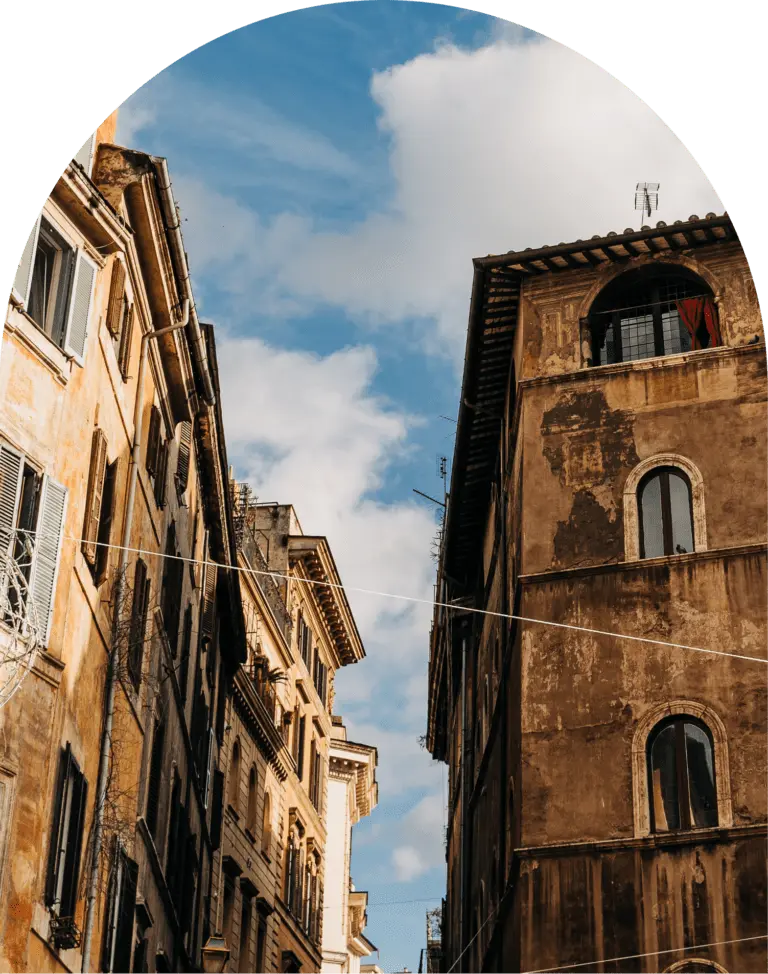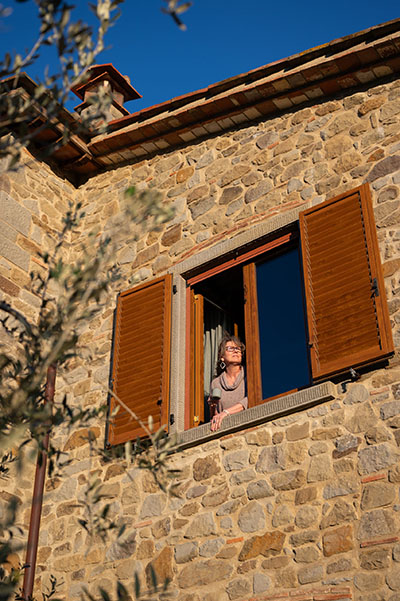It’s usually anyone’s first guess that a notaio is the Italian equivalent of the American notary public. The reality, however, is quite different. The notaio is a hybrid between a lawyer and a public official, and is the gateway to owning Italian property.
The notaio is the only individual authorized to validate Italian deeds, therefore giving them legal effect. Once validated by a notaio, a deed is recognized by all Italian authorities and the general public.
Unfortunately, because of the high level of responsibility held by these professionals and the long process to become one, there are very few notaios out there. Across Italy, there are approximately 5,000 notaios (1 for each 12,000 inhabitants), compared to approximately 3 million notaries in the U.S. (1 for each 100 inhabitants). That also means that a notarial deed has to be scheduled FAR in advance.
Thankfully, not all legal agreements require the intervention of a notaio. The ones that the Italian legal system considers to be most important, however, have to be reviewed by one of these professionals.
Among them are:
- Real estate acquisitions, divisions, mortgages, and other contracts concerning real property,
- Deeds of incorporation and amendments to company statutes,
- Formation of non-profits that intend to be recognized as legal persons,
- Wills and gifts concerning real property.
The personal relationship between the notaio and the parties
According to Italian law “the notaio investigates the will of the parties and, under his own direction and responsibility, takes care of the complete drafting of the deed.” A notaio must investigate the will of the parties in a thorough and complete manner in order to validate the agreement and consider contract modifications.
The notaio should, therefore, interact with clients before drafting the deed, to allow them to explain their intentions; the notaio, at least in theory, has the duty to personally guide the parties in the choice of terms and clauses that can be used to formalize the agreement.
In reality notaios are busy individuals who validate various deeds every single day. Because your time interacting with them will be rather limited, having a professional advocate for you during the drafting of an Italian deed can be extremely valuable.
The impartiality of the notaio
Notaios must act impartially and can never act in the interest of one party to the detriment of others. Therefore, they cannot insert into a contract a clause that is burdensome for one party and advantageous for the other (e.g., a clause excluding any guarantees that the seller is required to provide) without explaining its content and legal effects to the parties in a clear and complete manner.
The notaio should ensure that the meaning and effects of all contract clauses are understood and approved by the parties. As public officials, they should also refrain from exercising their functions any time there might be indication of a conflict of interest with either party.
How do you choose the right notaio?
The notaio must be selected by the party who will pay for their compensation. It is common practice in Italy for the notaio to be chosen and paid for by the buyer.
In a mortgage issuance, too, the borrower gets to choose (and pay for) the notaio, except in the rare case that a bank is willing to cover the cost.
Our advice when looking for the right notaio is to consider their experience, professionalism and the time they are willing to dedicate to their clients. This is especially relevant in complex transactions that include unusual contract terms and clauses.
The Rogito
In the case of a property purchase, the notaio must read the entire deed out loud to both parties (and, in some instances, in front of additional witnesses). This final phase of a transaction is commonly known as rogito, and must be carried out in person.
While this may sound like a bizarre requirement, it is taken seriously. The reading of the deed must not be hasty or incomplete and the parties must be within listening distance of the notaio. In case one of the parties is not fluent in the Italian language, a certified translator must be present. Those who are neither fluent in Italian nor able to participate to a rogito in person can elect to be represented by a procuratore (individual with power of attorney) who is fluent in Italian. Dolce Living offers power of attorney services to international clients.
The process of finding the right notaio to complete your Italian property purchase can be daunting if you are not familiar with Italian real estate. It is often hard to communicate and coordinate with notaios because of the large number of transactions they manage on a daily basis. Dolce Living can help you choose the right notaio and, just as significantly, manage communications with them. We can deal with the paperwork and red tape while you focus on choosing the right property for yourself.








